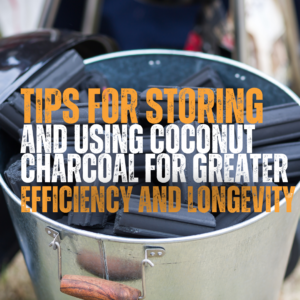Coconut: More Than Just a Fruit, But a Natural Technology of the Future
When people think of coconut, what often comes to mind is young coconut water, coconut milk for cooking, or natural hair oil. But what if we shift the perspective? What if coconut is not just a tropical fruit, but a future technology hidden inside its tough shell?
🌴 1. Coconut as a Symbol of Bio-Inspired Design
Have you ever noticed how strong a coconut shell is? In architecture and engineering, such natural structures could inspire earthquake-resistant building materials or lighter, yet strong, protective helmets. Imagine a motorcycle helmet made from coconut fiber—eco-friendly and anti-mainstream.
🧃 2. Coconut Water as a Natural Electrolyte for Batteries?
Research is beginning to uncover the potential of coconut water as a natural electrolyte. Its mineral-rich and conductive properties open up possibilities for its use in the development of organic batteries. The future of gadgets may very well be powered by coconut energy—without harmful chemicals.
🌍 3. The Zero-Waste Revolution of Coconut
Every part of the coconut can be utilized. Its husk becomes textile material, activated carbon from its shell for air filters, its leaves for crafts, and even its trunk as building wood. If all the coconut trees in Indonesia were maximally utilized, we’d have a natural circular economy within one tree.
🧠 4. “Coconut Thinking” in Problem Solving
Think outside the shell. In the world of innovation, we’re often encouraged to think “out of the box.” But what if we replace the box with a coconut? This metaphor invites us to look at solutions from an unconventional perspective—hard on the outside, full of nutrients on the inside, and 100% useful from the tip of the leaves to the roots.
🛰️ 5. Coconut on Mars: A Tropical Ecosystem on the Red Planet?
This might sound crazy, but coconuts are among tropical plants that can withstand extreme weather and survive in nutrient-poor soil. With genetic engineering, who knows—coconut might become part of the first human garden on Mars—providing water, food, and even building materials from its shell.
Conclusion: The World Needs More Coconuts
Coconut is not just a food source, but a symbol of sustainable natural solutions. As the world seeks answers to the environmental, energy, and plastic crises, perhaps the solution isn’t in advanced laboratories, but in the coconut tree growing in your backyard.
PT. Indo Charcoal Energy (ICE Charcoal) is an Indonesian charcoal company providing coconut charcoal briquettes and hardwood charcoal of premium quality. Our products meet international standards, making them perfect for industrial, restaurant, and global retail needs.
With a commitment to quality and stable supply, ICE Charcoal is ready to meet your charcoal needs with consistency and on-time delivery.

